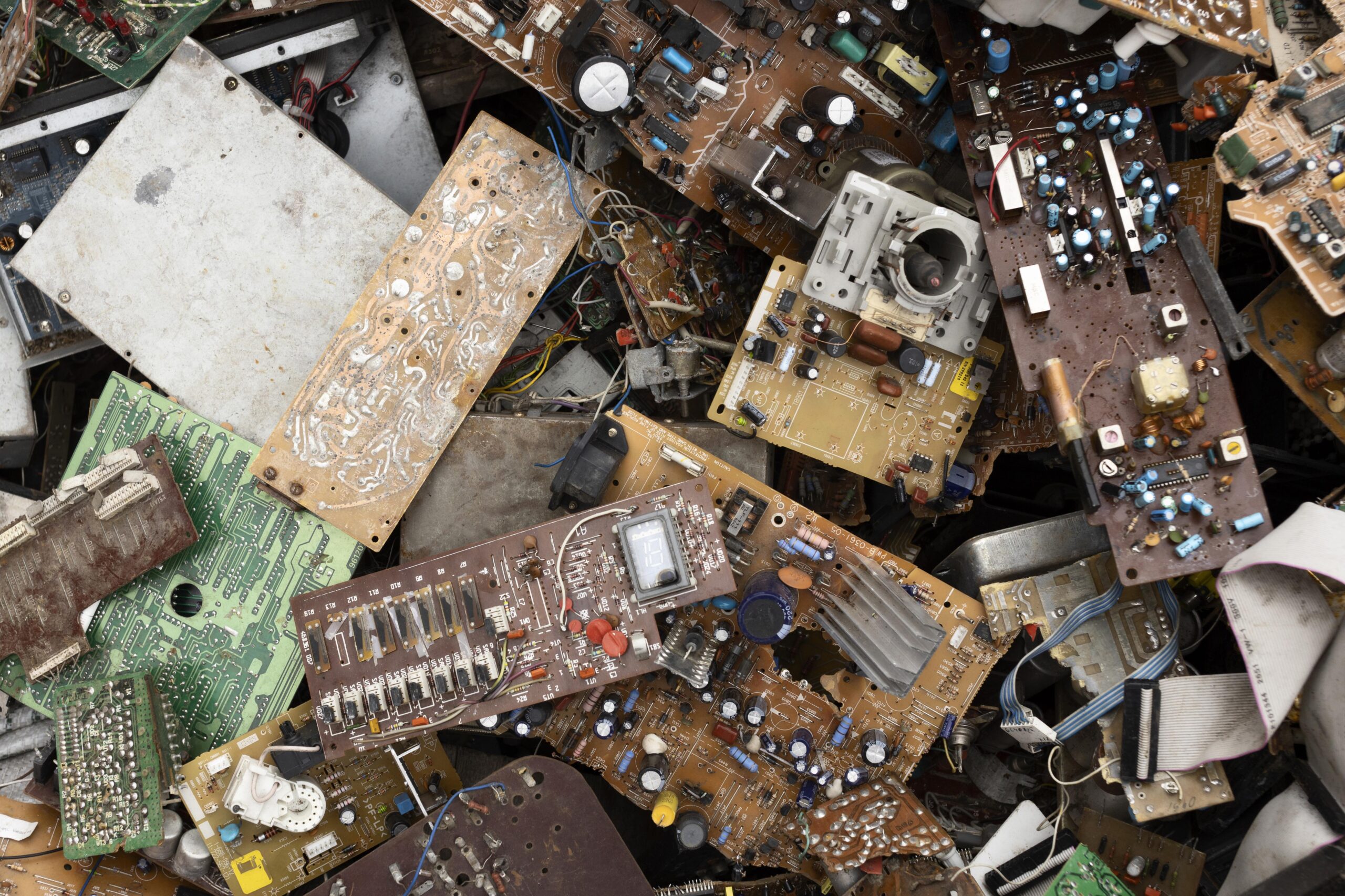E-Waste Management: Turning the Tide on Technological Trash
In our rapidly evolving digital age, electronic devices have become an indispensable part of our lives. From smartphones to laptops, we rely on technology for almost everything. However, this constant need for the latest gadgets has given rise to a growing concern: electronic waste, commonly known as e-waste. In this blog post, we will delve…

In our rapidly evolving digital age, electronic devices have become an indispensable part of our lives. From smartphones to laptops, we rely on technology for almost everything. However, this constant need for the latest gadgets has given rise to a growing concern: electronic waste, commonly known as e-waste. In this blog post, we will delve into the world of e-waste management, shedding light on the importance of responsible disposal and recycling.
Understanding E-Waste
Electronic waste refers to discarded electronic devices and components. These can include old computers, cell phones, televisions, and even kitchen appliances with electronic circuitry. E-waste is a global issue, and it poses significant environmental and health risks if not handled properly.
The Environmental Impact
E-waste contains hazardous materials like lead, mercury, and cadmium. When disposed of in landfills or incinerated, these substances can leach into the soil and groundwater, contaminating ecosystems and posing a threat to wildlife and human health. Moreover, the production of electronic devices consumes valuable resources, such as rare metals and energy, exacerbating environmental degradation.
The Importance of E-Waste Management
Responsible e-waste management is crucial to mitigate these adverse effects. Here are some key reasons why we should all take e-waste seriously:
Resource Conservation: Recycling e-waste helps recover valuable materials like gold, silver, and copper, reducing the need for mining and conserving precious resources.
Toxic Substance Control: Proper disposal and recycling prevent the release of toxic substances into the environment, safeguarding both nature and human health.
Energy Savings: Recycling electronics consumes less energy than producing new ones, contributing to reduced greenhouse gas emissions.
Economic Benefits: E-waste recycling can generate job opportunities and stimulate local economies.
How to Manage E-Waste Responsibly
Now that we understand why e-waste management is critical, here are some practical steps individuals and businesses can take to address this issue:
- Reuse Electronics: Before discarding old devices, consider whether they can be refurbished or repurposed. Donating or selling them can extend their lifespan.
- Recycling Programs: Many communities have e-waste recycling programs or drop-off centers. Research local options for safe disposal.
- Manufacturer Take-Back Programs: Some electronics manufacturers offer take-back programs for their products. They responsibly recycle or refurbish returned devices.
- Certified E-Waste Recyclers: Choose certified recyclers who adhere to environmental and ethical standards. Look for certifications like R2 or e-Stewards.
Frequently Asked Questions
Q1: Can I throw my old electronics in the trash?
No, it’s not advisable. E-waste should be properly recycled or disposed of through designated channels to prevent environmental contamination.
Q2: What happens to my old electronics when they are recycled?
Electronic devices are dismantled, and their components are separated. Valuable materials are extracted for reuse, and hazardous substances are disposed of safely.
Q3: Are there regulations for e-waste management?
Yes, many countries have regulations in place to govern the proper handling and disposal of e-waste. Be sure to comply with local laws and regulations.
Conclusion
E-waste is a pressing issue that demands our attention and action. Responsible e-waste management is not only a matter of environmental stewardship but also a collective responsibility to protect our planet and future generations. By recycling, reusing, and making informed choices, we can all contribute to a more sustainable and eco-friendly world.
Remember, every small step counts in the journey towards effective e-waste management. Together, we can turn the tide on technological trash and build a cleaner, greener future.

